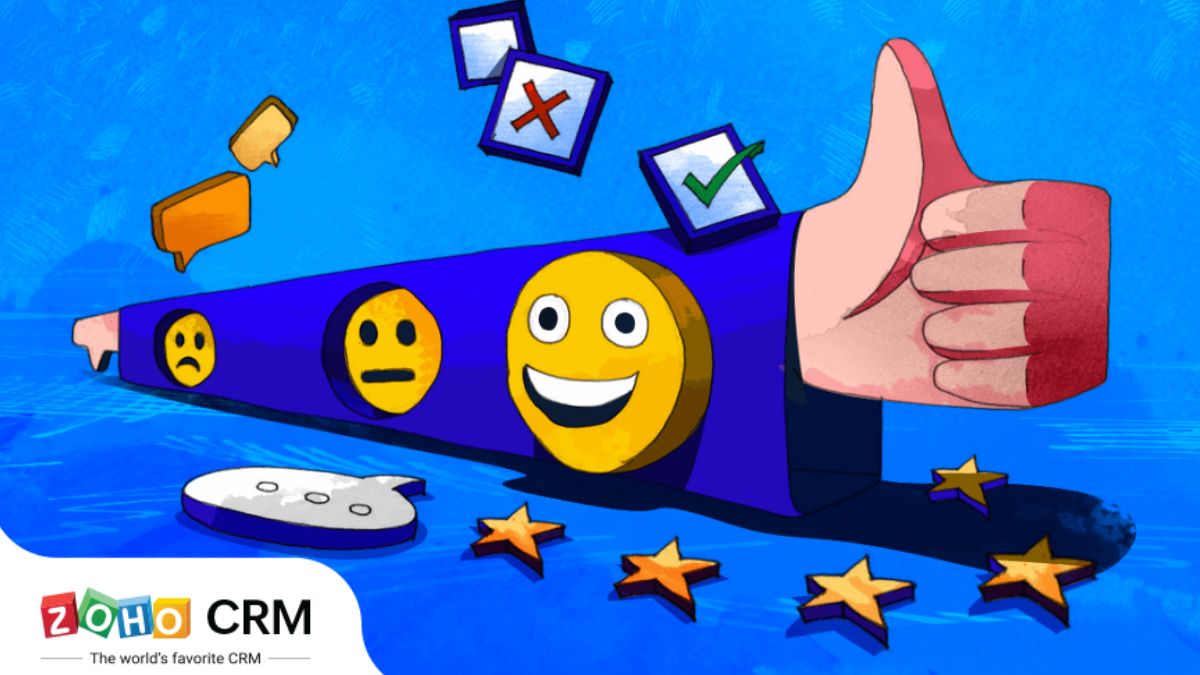- HOME
- Management
- 5 marketing lessons from a pandemic
5 marketing lessons from a pandemic
- Last Updated : August 7, 2023
- 397 Views
- 4 Min Read

The world is reeling from one of the worst pandemics in history, and just like any tragedy, this crisis is resulting in massive economic consequences for businesses across both geographies and industries. Enough has been spoken about what to do and what not to do at these times, so I am not going to lecture you with another such post. Instead, I want to talk about some of the similarities between the current outbreak, the current business environment, and the lessons that marketers can learn from them.
1. Detect anomalies and trends during their early stages
The virus and its infectious potential should have been identified way back in November when doctors noticed a steep rise in the trend of new flu-like infections.
Trends are like tides, you do not realise their severity until you are caught in the middle. Marketers should be quick to identify trends, and with a keen eye, also spot irregularities in those trends. It’s also important to realize that most new trends are accompanied by a corresponding decline of a previous trend. If you had to identify the trend of electric vehicles, then the declining sale of gasoline-powered vehicles (an anomaly in the usual sales charts) is a great starting point to dig deeper and discover a new trend. The shift from gasoline to electric vehicles, cola to coffee, and the rise in vegan foods—all of these are well-known trends now. But, who spotted them first? Any marketer who could identify these emerging patterns in their early stages would have a great advantage in adapting and appealing to these evolving preferences, rather than getting caught off-guard.
2. Act quickly. Don’t postpone decisions.
Worldwide lockdowns should have come into effect back in January. Governments should cut through red tape and react faster.
Agility is important. Once you have understood something needs to be done, do it quickly. If a problem or action is new, and hasn’t been encountered before, then don’t wait for the so-called experts. No one is an expert on something novel. Instead, take the leap of faith and put your plan into action as soon as you can. Cutting through hierarchy and red tape is also important. This is why smaller companies display more agility compared to large corporations. Compare Cisco and Zoom right now, and the difference is obvious.
3. Understand dependencies and ripple effects
Initial assumptions were that only the travel and tourism industry would potentially take a hit. But now, the impact is much worse. Today, almost every industry is being affected.
Not many things are truly independent in business. Most activities are interconnected, and ripple effects are common. The failure of one small fixture can halt an entire assembly line. The failure of a proofreader can undermine an entire ad campaign. An accident in one industry could affect the consumer sentiment of another. Marketers need to understand, respect, and prepare, considering these interdependencies and how one could affect the other in negative ways. Nothing is really independent in today’s connected world.
4. No one is immune to reality
All humans are susceptible—even heads of state. Though the number of people getting infected is large, those individuals and countries who are able to adapt have the best outcomes.
Never take things for granted. Your brand might be the largest in the world, but that does not mean you are infallible. History is full of big names who have failed because they failed to evolve with changing needs. We are in the business of perception and communication, so it’s important to have humility and accept the fact that perception towards your brand can change for the worse if you do not adapt to the situation at hand. In view of the current crisis, some SaaS brands are offering their services for free, alcohol companies are manufacturing sanitizer, and hotels are offering their spaces as isolation centres. Is there a monetary benefit in doing this? Perhaps, perhaps not. Is there a qualitative non-monetary benefit? Yes, without a doubt.
5. Take an honest, creative approach
Governments should be honest and focus on innovative strategies for testing.
Great marketing or advertising is not about spending large chunks of money hiring prestigious agencies. Neither is it about buying up fancy Super Bowl or Times Square spots. It is about the truth, and the narrative around that piece of truth. Take one look at any of the world’s famous advertising campaigns. Consider the “got milk?” campaign from 1993, for example—they focused on the truth and narrated it in an interesting way. People have taken milk for granted, and they often only recognize that when they run out of it.
We have to accept that the current business climate is tough. But desperate times call for desperate measures, and if we’re up for such drastic measures, then this too shall pass. Sure, some self-styled experts might not like it, but who cares? As a marketer, you should be loyal to one thing, and one thing only—your brand. Some brands (like Stella Artois, Heinz, or Colgate) have survived through centuries. They have endured world wars, depressions, plagues, and more. Why? The people behind them never gave up.
As marketers, we might be mortal, but our brands are not. Let us strive to make them live forever.










